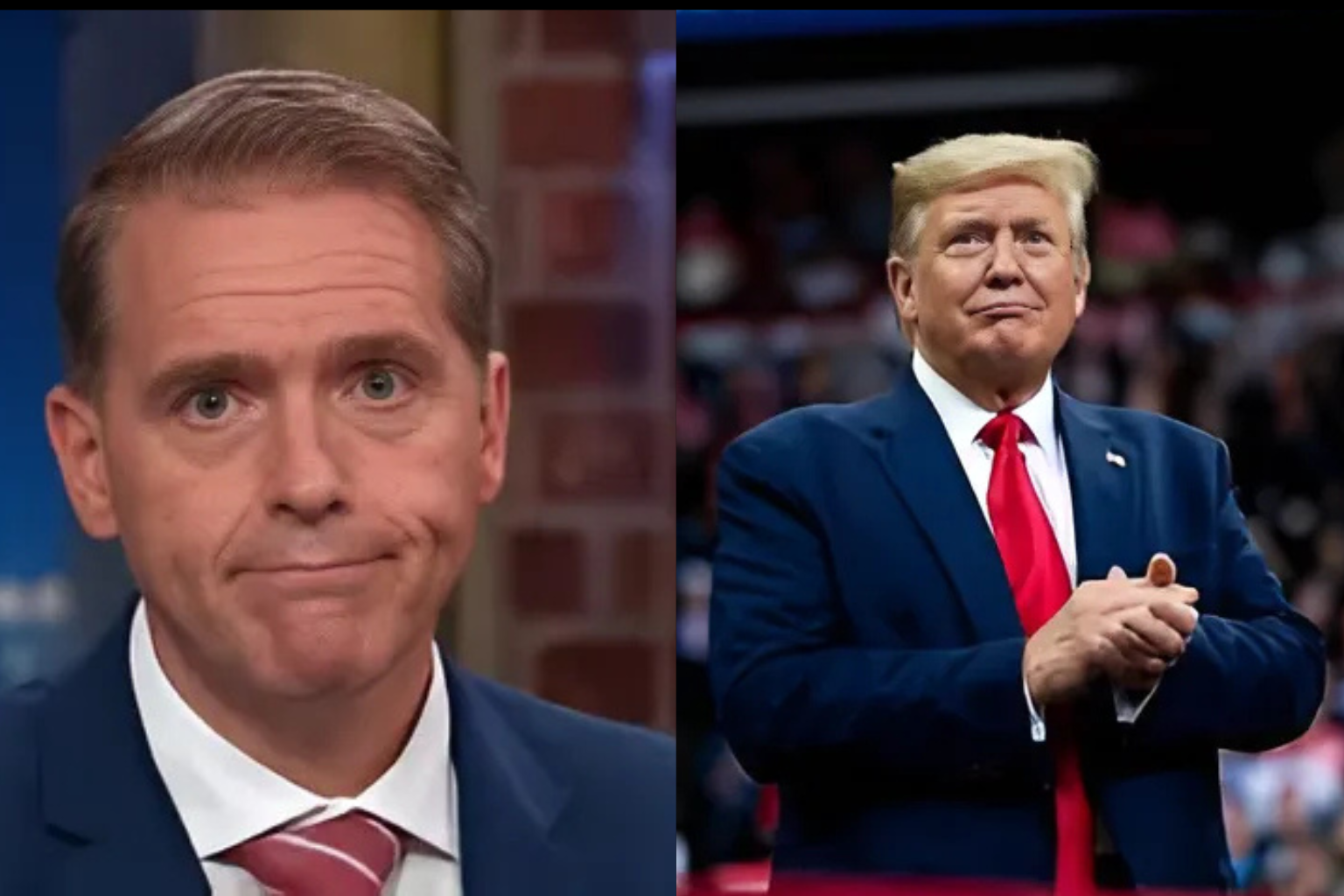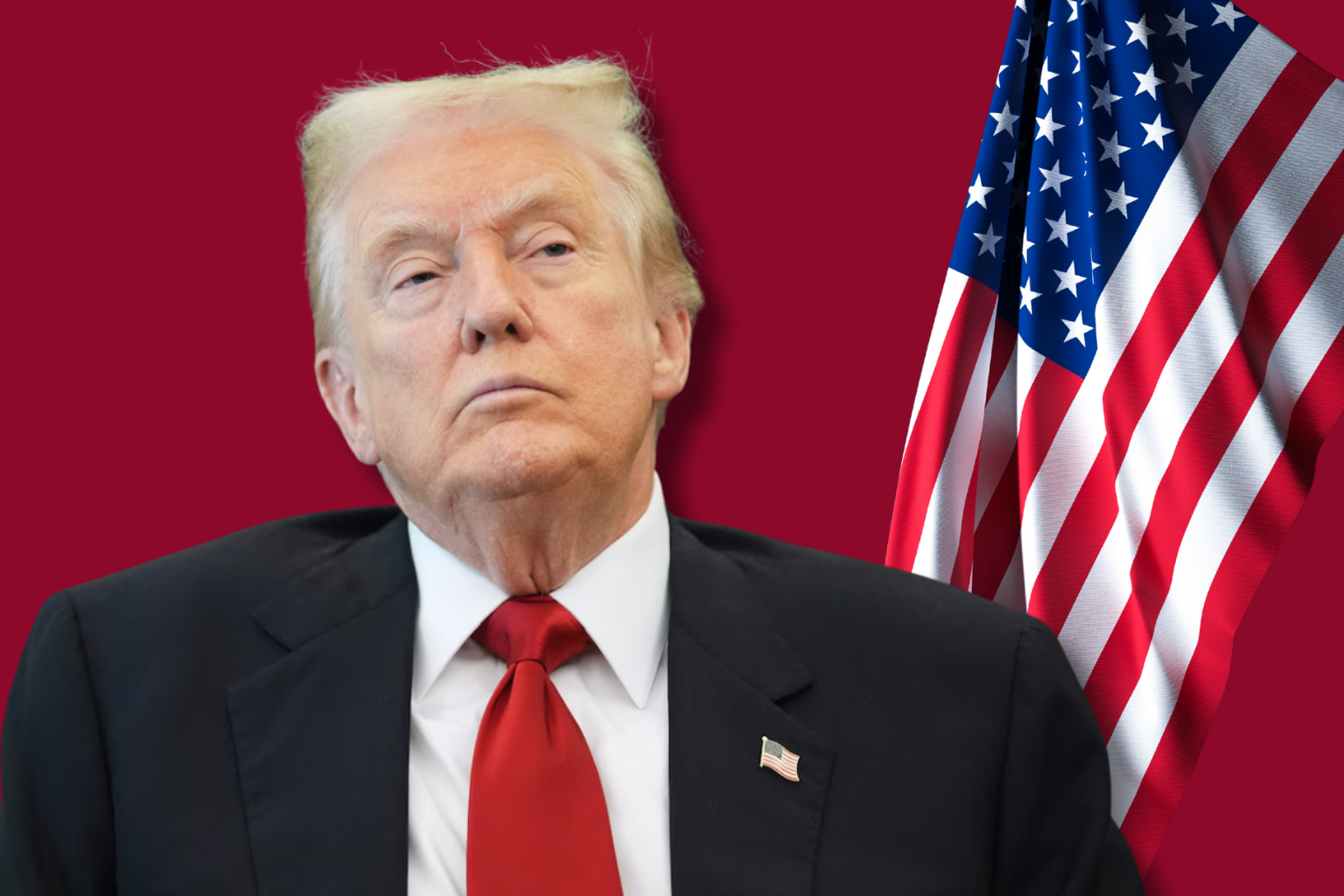Firestorm Erupts on CNN as Trump’s Tariffs Spark Clash Over Economy

A calm political talk on CNN’s NewsNight with Abby Phillip quickly turned into a storm of accusations, fact-checks, and heated arguments about President Trump’s bold new tariff plans.
When conservative analyst Scott Jennings fiercely defended Trump’s tariff plans while criticizing his fellow panelists’ economic predictions, things got tense. Jennings blasted Trump’s trade strategy for causing a recession, citing earlier warnings. But CNN anchor Abby Phillip wasn’t about to let those claims slide.
As Jennings pushed back against fears of economic collapse, Phillip came in strong with data and direct questions—repeatedly pressing Jennings to clarify exactly which tariffs were implemented and when. “It’s a simple question,” she asked, more than once. “Did those tariffs go into place?”
Jennings attempted to explain that tariff levels varied from country to country, but Phillip wasn’t having it. The segment turned chaotic as multiple voices clashed on air, each trying to talk over the other. Phillip cut through the noise to deliver a sharp point: the predicted economic fallout never happened because the harshest tariffs Trump threatened back in April were never actually implemented.
“It’s not that complicated,” she said bluntly, accusing Jennings of spinning the facts.
The chaos on air reflected the larger uncertainty rippling through Washington and global markets after Trump’s aggressive new announcements on Wednesday. The former president revealed that the U.S. will now impose a 25% tariff on goods from India, citing unfair trade barriers. He also approved 50% tariffs on Brazilian copper imports, linking the decision to Brazil’s treatment of U.S. social media companies and its prosecution of former President Jair Bolsonaro.
Another major shift came with the closure of the de minimis tariff loophole, which had allowed shipments under $800—primarily from China—to enter the U.S. duty-free. Trump claimed his administration now has the systems in place to enforce full tariffs across the board.
South Korea, meanwhile, avoided the brunt of the tariff storm. Instead of the originally threatened 25%, Seoul will face a 15% tariff. In exchange, South Korea has agreed to buy $100 billion in American energy and invest $350 billion into U.S.-owned assets selected by Trump himself.
While Trump’s moves are drawing criticism from economists and lawmakers alike, one thing is clear—the political and media firestorms surrounding his trade policy are just getting started. And if the CNN clash was any sign, the next economic debate might be even more explosive.




